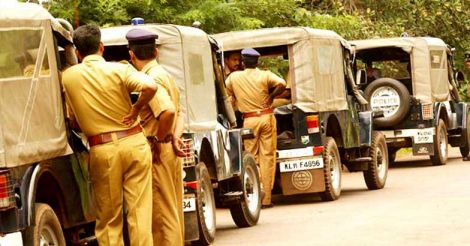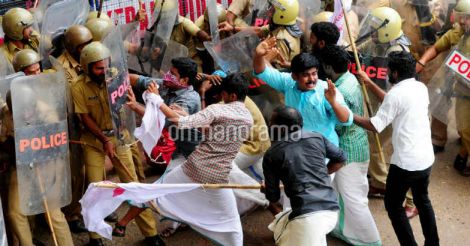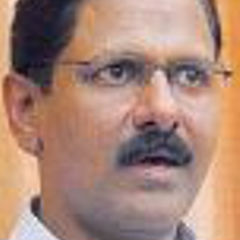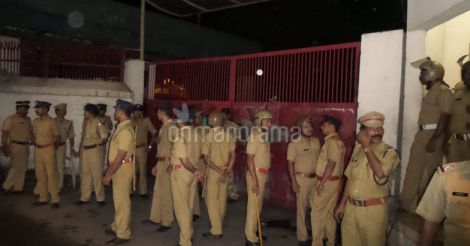Eric Casebolt, a 41-year-old police officer, had to resign after he pointed a handgun to young revellers while breaking up a pool party in Texas in the United States. Subsequent investigation revealed that the officer acted recklessly because he was stressed out from dealing with two strange suicide cases earlier that day.
This is about a police force, which requires its personnel to work not more than eight hours a day and 40 hours a week and pays them one and a half times their wages for working up to 12 hours and double pay for anything beyond 12 hours.
Think of the Kerala Police. DGP T.P. Senkumar is my IPS batchmate. I call him up on his home phone only after midnight. The other day, his wife answered the phone and said he was still at work. Can we expect the 42,000 policemen in Kerala to work long hours like their chief?
We were told that the police are on duty 24/7. That is a fact. But most of us are under the impression that all policemen are on duty for 24 hours. We think that the men in uniform are duty-bound to work from dawn to dusk.
How can we insist that policemen have to work like this when no other government employee is required to work for more than eight hours? Does it mean that the men in khakhi have no human rights? Society, in fact, is suffering the burden of this human rights violation.
To a large extent, police misbehaviour and intolerance stem from the stressful nature of their job, a closer look will reveal. Hans Selye, known for his pioneering works on stress response, says a policeman has the most stressful job.
Constant contact with criminals, activities related to miserable and dangerous events, unending work hours, department-level problems, political interventions, family issues, irregular eating habits and criticism from the public all take their toll on policemen.

Unfortunately, the policemen who are denied human rights find a “pressure valve” on the public. To change this situation, we have to be ready to introduce strategic changes.
To prevent police atrocities, we have to start at preventing the atrocities against the police. Any misbehaviour against policemen attracts immediate arrest and court case in many African and Arabian countries as well as the developed countries.
In India, people respect a policeman only if he is part of the force. If he is alone, people do not mind abusing him.
No other department is best positioned to insult anyone in public. People fear for their reputation at the slight chance of police intervention. The DGP had realised this before he issued an order against intercepting vehicles.
The people’s confidence that they will not be harassed or tortured by the police as long as they do not indulge in public attack, is a human right.
A permanent change is possible through limiting a shift to eight hours. That will prove costly, because we need as many policemen.

But if society is willing to foot the bill, the police force can raise personnel committed to serving the people.
(The writer is the Chief Security Advisor of the Human Right Commission of United Nations. His opinions are personal)




































































































































































































































































































































































































































































































































































































































 In India, people respect a policeman only if he is part of the force.
In India, people respect a policeman only if he is part of the force.
Disclaimer
The comments posted here/below/in the given space are not on behalf of Manorama. The person posting the comment will be in sole ownership of its responsibility. According to the central government's IT rules, obscene or offensive statement made against a person, religion, community or nation is a punishable offense, and legal action would be taken against people who indulge in such activities.